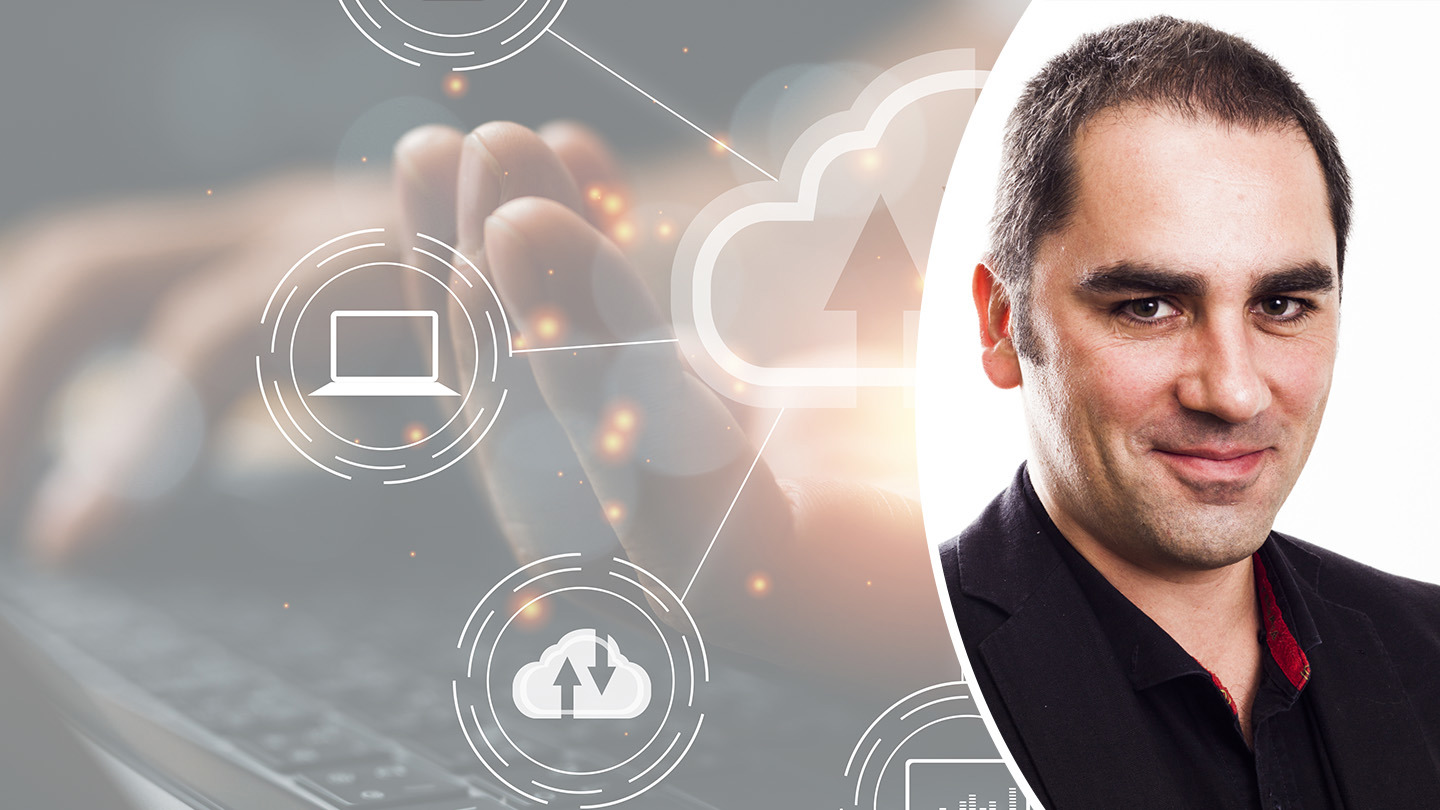The university's expert ensures open research
2023-05-17

“In many cases, it is about making available information that is collected in data sources at public and commercial actors. From an open scientific perspective, it is important that it is made available under the FAIR principles: Findable, Accessible, Interoperable, and Reusable so that they can be used both for reading and machine handling,” said Gustaf Nelhans.
He emphasises, however, that just because it is possible to run two data sources together and extract information from them, it is not certain that you should do it, if you do not have a need for it at the same time. So the mission is as much about obligations as knowing what to make the results available to.
In what way is it good for the University of Borås that we are represented?
“The research at the University of Borås is both locally anchored and at the forefront of research in several areas, and therefore we can offer both closeness and an overview within the areas in which we are active. It also makes it possible for the university to show that we are well prepared for major social upheavals that AI and the digitalisation of society bring and that we are also helping to shape this development to some extent.”
Experience in method development
Gustaf Nelhans has for many years represented the researchers who are interested in method development in the social sciences and humanities in general and in library and information science in particular. For several years, he has also led a course in digital methods and several in scientific publishing, research policy studies, and bibliometrics. Therefore, he believes that he was seen as a suitable candidate as an expert in this project.
“I have just finished a major EU project where I was a node coordinator and started the Data as Impact Lab at the Swedish School of Library and Information Science, which among other things works with method development and research assignments in the area,” he concluded.
Experts and important actors
In addition to three other individual experts with expertise in citizen research, intellectual property rights and open educational resources, several relevant actors in Swedish research participate in the work - the Royal Association of Swedish Higher Education Institutions, the
Swedish Higher Education Authority, as well as funders such as the Swedish Research Council and the Riksbanken Jubileumsfond.
For its help, the group uses UNESCO's recommendation on open science and the Association of Swedish Higher Education Institutions's National roadmap towards open science.
Read more
UNESCO's recommendation on open science
"A prerequisite for research to lead to social impact is that the results are made available to other actors in society and business." This is what the Swedish government writes in the research policy bill from December 2020. The importance of trust in science and that researchers should be able to quickly exchange knowledge, nationally and internationally, proved important especially during the pandemic.
Ulrika Emtervall
Adobe Stock + University of Borås (portrait)

